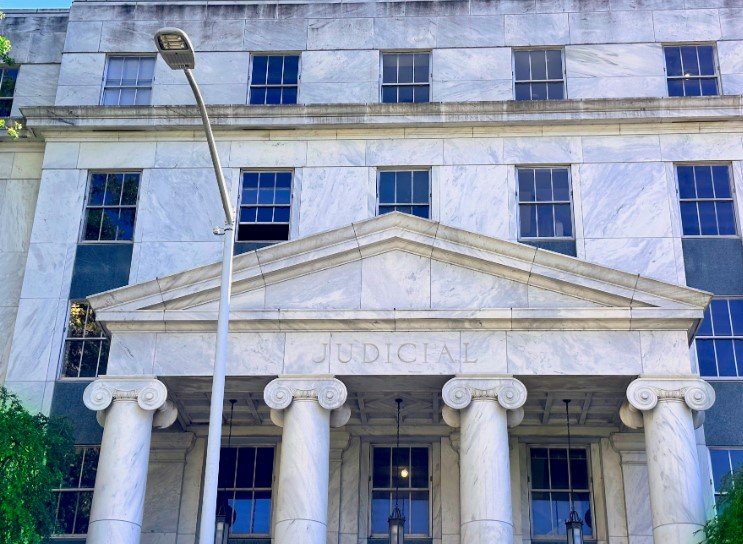Georgia Supreme Court Chief Justice Michael P. Boggs is stepping down at the end of March, marking the end of a decades-long judicial career that saw him rise to the state’s highest court. His decision comes less than a year after securing reelection to another six-year term, adding a layer of surprise to his resignation.
Boggs submitted his resignation letter to Governor Brian Kemp on Tuesday, announcing his intention to return to private litigation. The move will open up a vacancy on the bench that Kemp will be responsible for filling. Meanwhile, the Supreme Court will choose a new chief justice, making this the fourth transition in leadership since 2021.
A Judicial Career Spanning Decades
Boggs’ journey to the Supreme Court began with his appointment by former Governor Nathan Deal in December 2016, following his tenure on the Court of Appeals of Georgia. He secured his seat in subsequent elections, including last year’s nonpartisan May election.

His responsibilities as chief justice extended beyond the courtroom. As the head of the judicial branch, Boggs was the state’s top legal voice, guiding major decisions and representing the judiciary in public discussions. His leadership came at a time of significant legal shifts and technological advancements within the state’s courts.
His resignation letter reflected both personal and professional motivations. “I consider it my greatest honor to have served as chief justice, and I will be forever grateful to Gov. Nathan Deal and the citizens of Georgia for affording me this privilege to serve,” Boggs wrote. He also cited family reasons, including his wife’s recent retirement from education, as key factors in his decision.
Kemp’s Appointment and the Court’s Next Leader
With Boggs stepping down, Governor Kemp now has the authority to appoint a new justice, who will serve until the end of 2030. This appointment will shape the court’s balance for years, influencing decisions on pivotal legal matters.
At the same time, the Supreme Court’s justices will elect their next chief justice. The selection will be significant, given that leadership of the court has changed frequently in recent years. The next chief will face pressing challenges, from judicial funding to the implementation of new legal technologies.
Boggs’ Tenure: Navigating the Pandemic and Modernizing the Courts
Boggs’ leadership was tested during the COVID-19 pandemic, which forced Georgia’s courts to adapt rapidly. Courtrooms across the state shut down, case backlogs surged, and remote hearings became a necessity. Under his guidance, courts implemented long-term reforms that continue to reshape the judicial landscape.
One of his priorities was securing better resources for the state’s court system, which includes over 1,600 judges and thousands of court staffers. In his 2025 State of the Judiciary address, Boggs outlined plans to improve safety, compensation, and technology across Georgia’s courts.
A major initiative under his watch was the push for a statewide court management system, set to replace the fragmented network currently in place. The existing system isolates legal data across different districts, making it difficult to coordinate cases efficiently. The new platform aims to unify court operations, increasing transparency and efficiency.
What’s Next for the Georgia Supreme Court?
Boggs’ departure signals another transition in Georgia’s legal system. The Supreme Court, which plays a critical role in shaping the state’s legal precedents, will see a shift in leadership and potentially its ideological makeup. The upcoming appointment by Kemp will be closely watched, as it could have lasting effects on major judicial decisions.
Meanwhile, Boggs prepares for life beyond the bench. With two decades of judicial experience behind him, he now looks ahead to private litigation—a return to the legal trenches where his career first began. His influence on Georgia’s courts, however, will remain, as the systems he helped implement continue to shape the future of the state’s judiciary.
